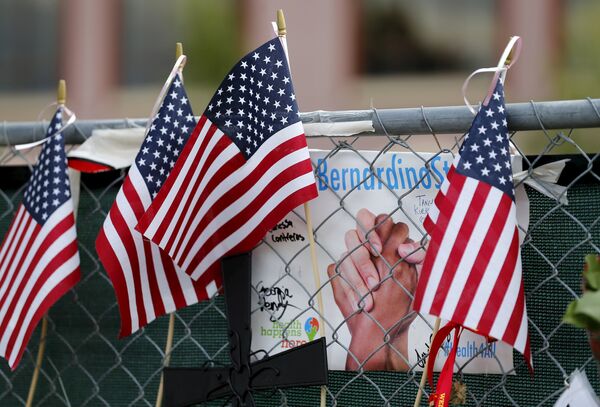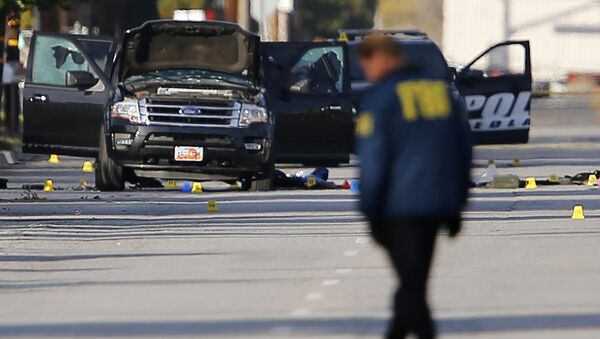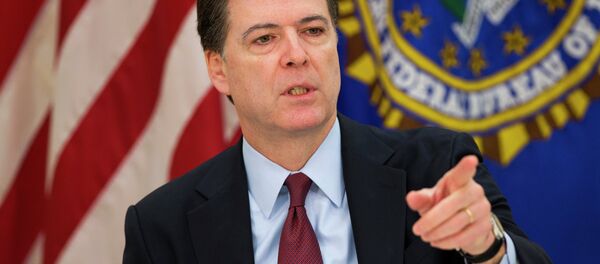Amid public fears of terror attacks, the FBI is intentionally using the case of Rizwan Farook, a shooter that last December killed 14 in San Bernardino, California, in its attempts to change encryption policy, in an assault on basic civil rights, privacy advocates said to The Hill.

"It’s a brilliant tactic,” Chris Finan, a former Obama administration cybersecurity adviser claimed. “They realize the public is going to be on their side.”
Richard Clarke, a former White House counterterrorism and cybersecurity chief, states that the FBI is attempting to create precedent, by appealing to common public fears.
“I think the FBI is being very selective here, and it has much more to do with the emotional value and public relations value of the case than it does with the FBI’s real need for the phone,” he told The Hill.
Apple company lawyers wrote in a special filing that “the ability to force companies like Apple to undermine the basic security and privacy interests of hundreds of millions of individuals around the globe."
The director of the FBI attempted to play down the “precedent” allegations in an op-ed Sunday, claiming the bureau cares only about “victims and justice,” but many industry and security analysts remain unmoved in their assessment of the intelligence agency’s duplicity.
"Absolutely it sets a precedent,” said Sen. Ron Wyden (D-Ore.), a staunch senate advocate for digital rights.
“Of course it [Farook’s case] has precedential value,” Clarke stated.
Another fact that shakes the foundations of the FBI’s good intentions is that the IPhone under question, owned, paid for and monitored by the killer’s employer, could not have been used in plotting the attack, as it was casually abandoned in Farook’s car before the shootings.
“Maybe the phone holds the clue to finding more terrorists. Maybe it doesn’t,” Comey wrote in his op-ed, unintentionally contributing to the notion that the case may be used as “precedent” in future.





